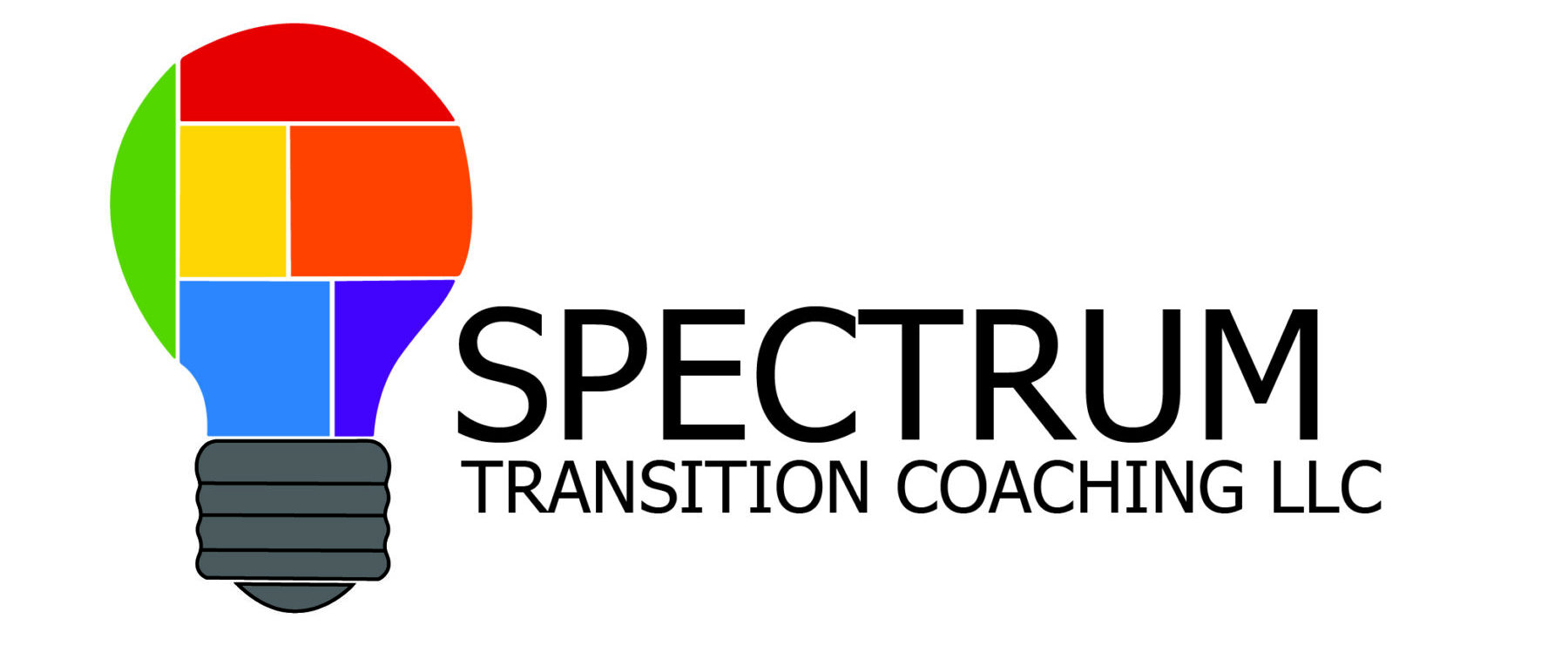The transition from high school can be daunting. Transition planning is a mandatory part of the IEP process for high school students. However, the myriad post-high school options, including any state or Federal assistance that might be available for autistic young adults can be confusing., I find that many families assume that traditional college is the right next step after high school. And for many it is. But for other young adults, there may be another, better path to suit their needs and interests. And are there any local, state, or Federal programs that might provide support for any of them. What if your child is not able to support themself through employment? What options are available for independent living? The list of questions can seem endless.
This is when connecting with my friend, Eric Jorgensen, might be helpful. Eric created Special Needs Navigator after experiencing the challenges of trying to figure it out on his own while grieving his wife. His mission is to help other families avoid that same confusion. He’s done all the research to help you understand the options and paths that might be available in your state for your child.
I’m so excited to share Eric’s perspective on the blog today and I know you enjoy his insights.
Coach Beth
They won’t be in school forever by Eric Jorgensen
As parents, we want what’s best for our children. This will often result in spending hours reviewing IEPs or 504 plans making sure our kids are getting the supports they need. This can be exhausting, not to mention expensive if you need to hire an education advocate and/or attorney. Yet school will only be a fraction of our children’s lives. And I would argue it does a pretty poor job actually preparing them for what’s coming.
Who is helping us get ready for life after high school? Sure, “transition planning” is supposed to start between the ages of 14 and 16, depending on the state you live in; but what does this even mean? Should we really believe that having our child attend, and possibly facilitate, their IEP is setting them up for a successful transition? Who is telling us what questions to ask, or what services we should be thinking about?
When my son was transitioning, I was often asked “what services do you think your son needs”? I had no clue. The only services he was getting in school were speech, PT, and OT. What did these have to do with him being a productive member of society? I wanted to him find a place to live, get a job, and hopefully find someone to love and spend his life with.
I feel I had a great team, his teachers and I frequently talked about my concerns. They brought in someone from our state’s Vocational Rehabilitation Department to talk about Pre-Employment Transition Services. Yet it was still mostly up to me. I started attending resource fairs a year or two after my wife died. I wanted to know what was out there.
This wasn’t something the school suggested. I don’t remember them telling me about them or sending flyers home. From what I remember, the majority were places for agencies to tell you how great they are and why you should work with them. The ones that really stand out in my mind were the ones that had speakers talking about estate planning and self-advocacy.
I started Special Needs Navigator to help families connect the dots, fill in what was missing. Originally it was entirely selfish, I needed help and it felt like being a company instead of a dad would open more doors. I’m not sure I was wrong. Regardless, now I’m taking everything I’ve learned and pushing it out to the masses. I don’t want other families to feel as lost and overwhelmed as I’ve felt.
What was the biggest lesson learned? We need to start preparing for “transition” as soon as we get the diagnosis. I’m not suggesting you ignore the education needs; this is a critical stage of their development. But for most of us there will be lulls, a year or two where things can be left alone, and you can shift focus. Or maybe you aren’t doing this by yourself, and you can split duties. The “how” you do it isn’t as important as getting it done.
My barrier was I didn’t know what I didn’t know. I let myself believe I would be told what to do when the time came. This wasn’t fair to myself or to my son’s teachers. They are educators, they’ve got a LOT on their plate just keeping up with the state’s standards. They don’t necessarily know more about public benefits than I did. My son was my responsibility, it was (and is) up to me to make sure he has what he needs.
Maybe you’re in the same boat. Maybe you feel equally lost and unprepared. Or maybe you hadn’t even thought about what life after high school would be like yet. Do yourself a favor and stop for a minute. Take a step back and survey the landscape. What does your child want for themselves? What do you want? What do you need to do to make this happen? What role could public benefits play? If you, like me, don’t know what you don’t know I have you covered. I’ve created Transition Roadmaps for every state in the country. You don’t have to guess; these give you step by step directions of what you need to do and how.
Do yourself a favor and start planning for post-high school. If you do nothing else, make sure you look into your state’s Medicaid Waiver program(s) for those with intellectual and/or developmental disabilities. Every state has one. I can’t promise your child will qualify, but if you don’t apply, I can say definitively you will never receive any supports. The same is true of Vocational Rehabilitation. Pre-employment Transition Services (Pre-ETS) is available to students (ages 14+) with ANY type of disability. When they turn 18, or when they age out of school at 21, they can receive adult supports.
Yes, it’s going to require more work from you. If you’re reading this, you’re clearly motivated. Spectrum Transition Coaching will help you and your child figure out your goals. Your child’s teachers can help you find local resources, when you tell them exactly what types of supports you need. We’ve got your back.

